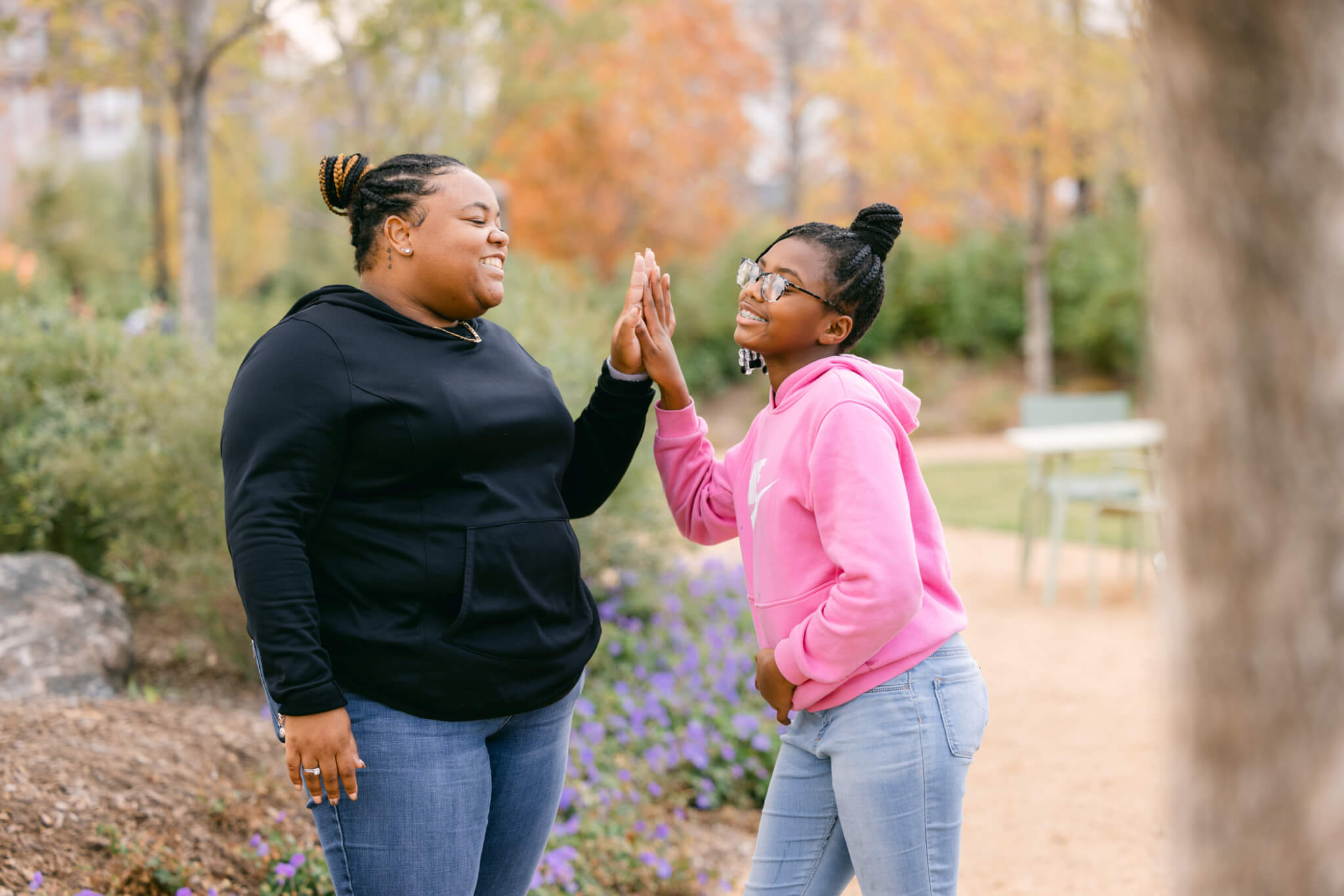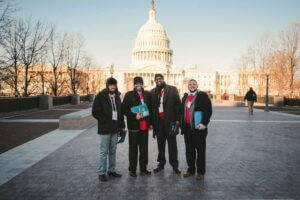Where Should the Mentor Movement Go Next?

In our report Who Mentored You? there were findings that surprised, delighted, and inspired us. From illuminating the differences in mentoring across the generations to highlighting the challenges of the Gen Z generation in finding the mentoring support they need; this study serves as a lens through which to frame our movement as we move forward in our mission.
Based on what we discovered, we’ve identified four key strategies that will continue to strengthen our movement and continue to provide today’s youth with vital mentorship opportunities. And while none of these will be easy or quick solutions, they are part of our charge to dedicate ourselves to grow the quality and accessibility of mentoring relationships for all of America’s young people.
Our Movement Needs All-Hands-On-Deck:
Today’s youth and young adults have been tremendously affected by economic, political, and cultural stress –all exacerbated by the COVID-19 pandemic. Because of this, we are witnessing a mental health epidemic growing tremendously amongst our young people. By advocating for both the expansion of mentoring programs and for changes that make it easier for adults to mentor youth in their neighborhoods, we hope that more Americans can become mentors either through programs or through their natural connections to youth.
We Must Foster a “Mentoring Mindset”
The “Mentoring Mindset” that we hope people will adapt centers around caring unconditionally for the next generation and making a meaningful effort to help better their futures. This happens more effectively when adults are more consistently in contact with youth. There are several environments where mentorship opportunities come to adults more easily – schools, community and recreation centers, and jobs sites. However, to ensure the widespread adoption of this mindset, we need to extend mentorship to new settings and involve adults who don’t necessarily work with young people daily – bringing mentorship into all aspects of American life.
Supporting Youth Belonging and Identity
In our report, we saw the positive effect mentorship has on a sense belonging and identity. And while we are thrilled to see how effective mentoring relationships can improve a young person’s sense of self, we also realize that these conversations and deep connections are not easily found. With more training and tools on hand, more mentors will be able to talk about these subjects and help young people build these foundational aspects of their sense of self.
Identifying and Supporting Those Without Meaningful Relationships
At MENTOR, we believe quality mentoring relationships are something that every American young person needs, deserves, and benefits from. But we also realize there are gross inequities that prevent young people from gaining access to these types of relationships. We found that roughly 1.8 million young adults navigate life challenges without a mentor or any other adult support. By asking young people what they need in terms of adult support, we can identify the specific barriers that prevent them from receiving the mentoring they need. Only when we deeply understand the needs of our youth can we begin adjusting the systems in place to meet those needs.
With these key tactics in mind, the mentoring movement can help ensure that youth have the support they need to face the struggles that plague their generation, while training and empowering adults around the country to become mentors themselves. With worsening cultural, political, and economic strife, it is imperative we band together and foster a movement that benefits every single young person in America today and in the future.


